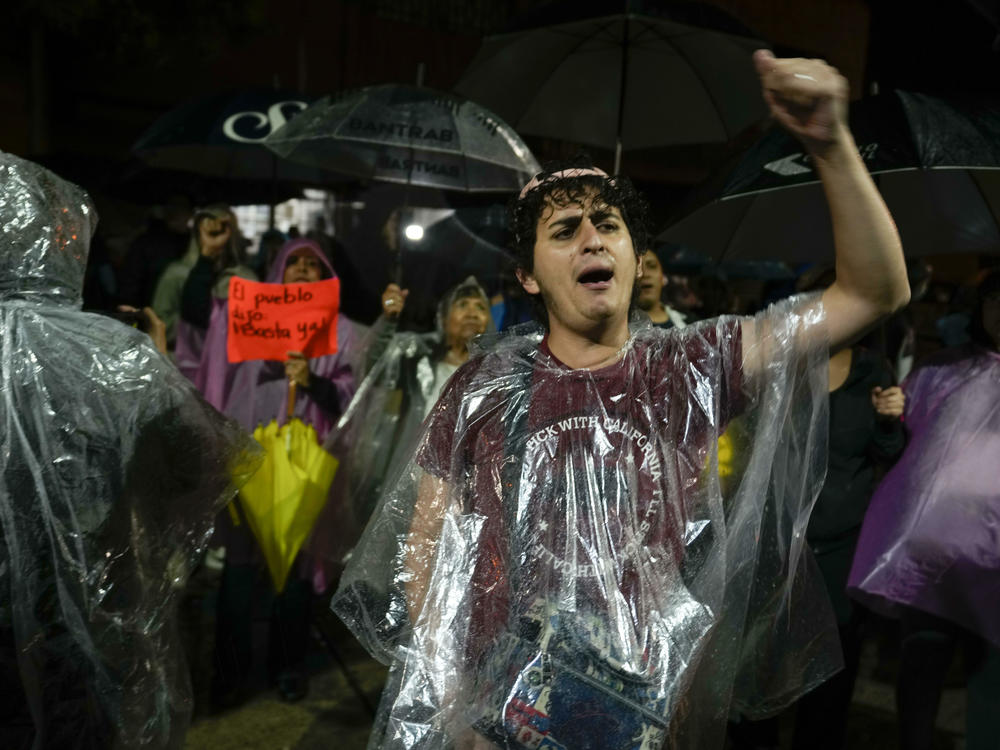Section Branding
Header Content
A top Guatemalan party is barred, throwing the presidential election into the unknown
Primary Content
SAN MARCOS DE COLÓN, Honduras — The presidential race in Guatemala is in limbo even as the country's top electoral officials have certified the results of the first-round elections last month.
After delays caused by protests from Guatemala's political elite, the country's top electoral body finally certified the results of June's elections late Wednesday evening.
It said former first lady Sandra Torres, who was once jailed on corruption charges, would face off in a second round against reformist candidate Bernardo Arévalo, who ran on an anti-corruption platform.
At nearly the same time, another court made a decision widely viewed as politically motivated: It accused Arévalo's party, Semilla, of fraud and ordered he not be allowed to participate in politics.
Speaking to CNN en Español, Arévalo said he would not obey a "spurious and illegal decision" that came from a court known for making political decisions.
Arévalo, the runner-up in the vote in June, is the son of the late Juan José Arévalo, who is widely regarded as Guatemala's first democratically elected president.
The electoral body said it did not yet know what the court decision meant or if the move was legal.
An independent watchdog group, Mirador Electoral, said in a statement that the court's announcement amounted to an "open act of illegality."
The U.S. assistant secretary of state for Western Hemisphere affairs, Brian A. Nichols, expressed the government's worries about the developments. While welcoming the confirmation of the first-round vote, he tweeted, "We are deeply concerned by threats to Guatemala's electoral democracy. Institutions must respect the will of voters."
Copyright 2023 NPR. To see more, visit https://www.npr.org.

